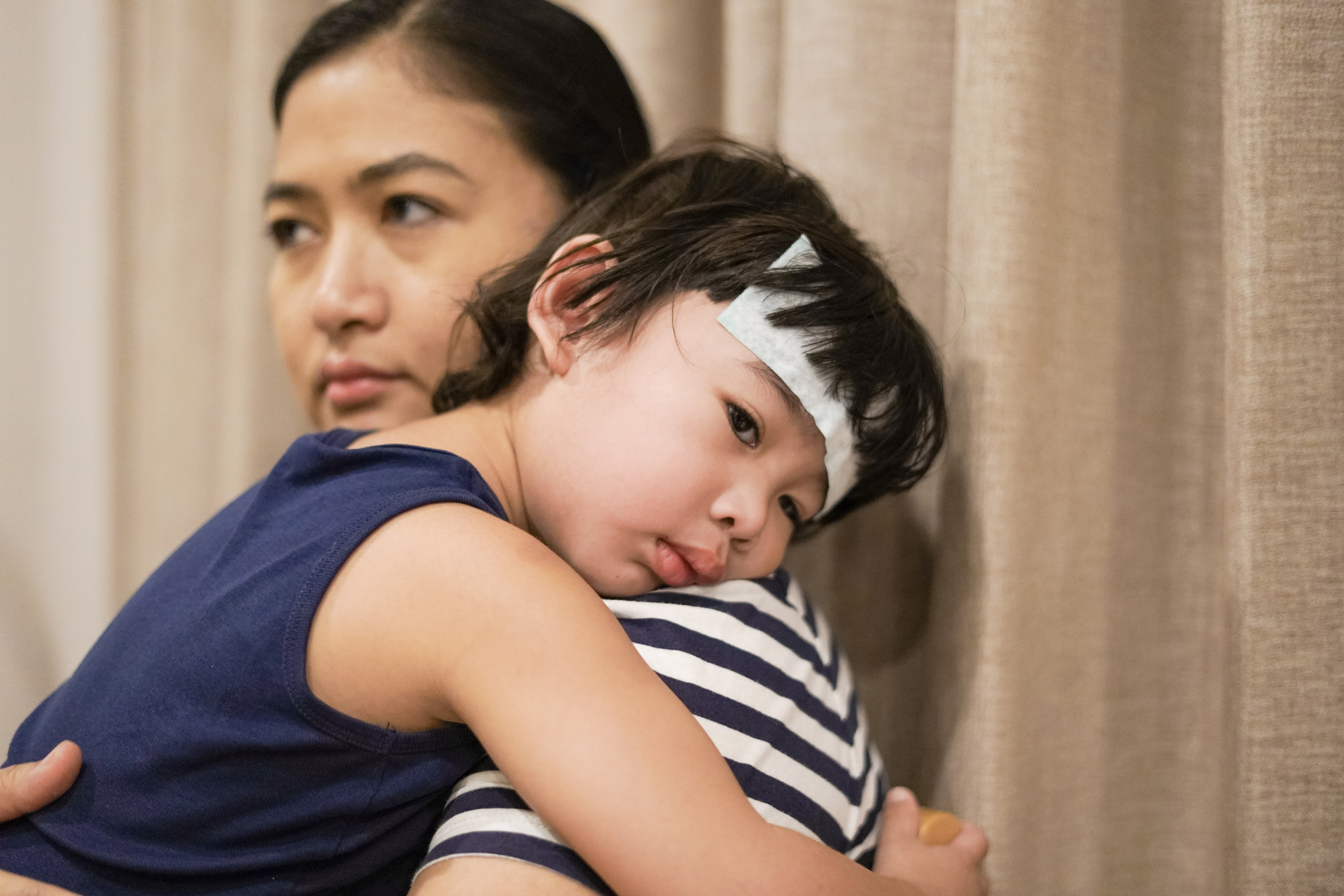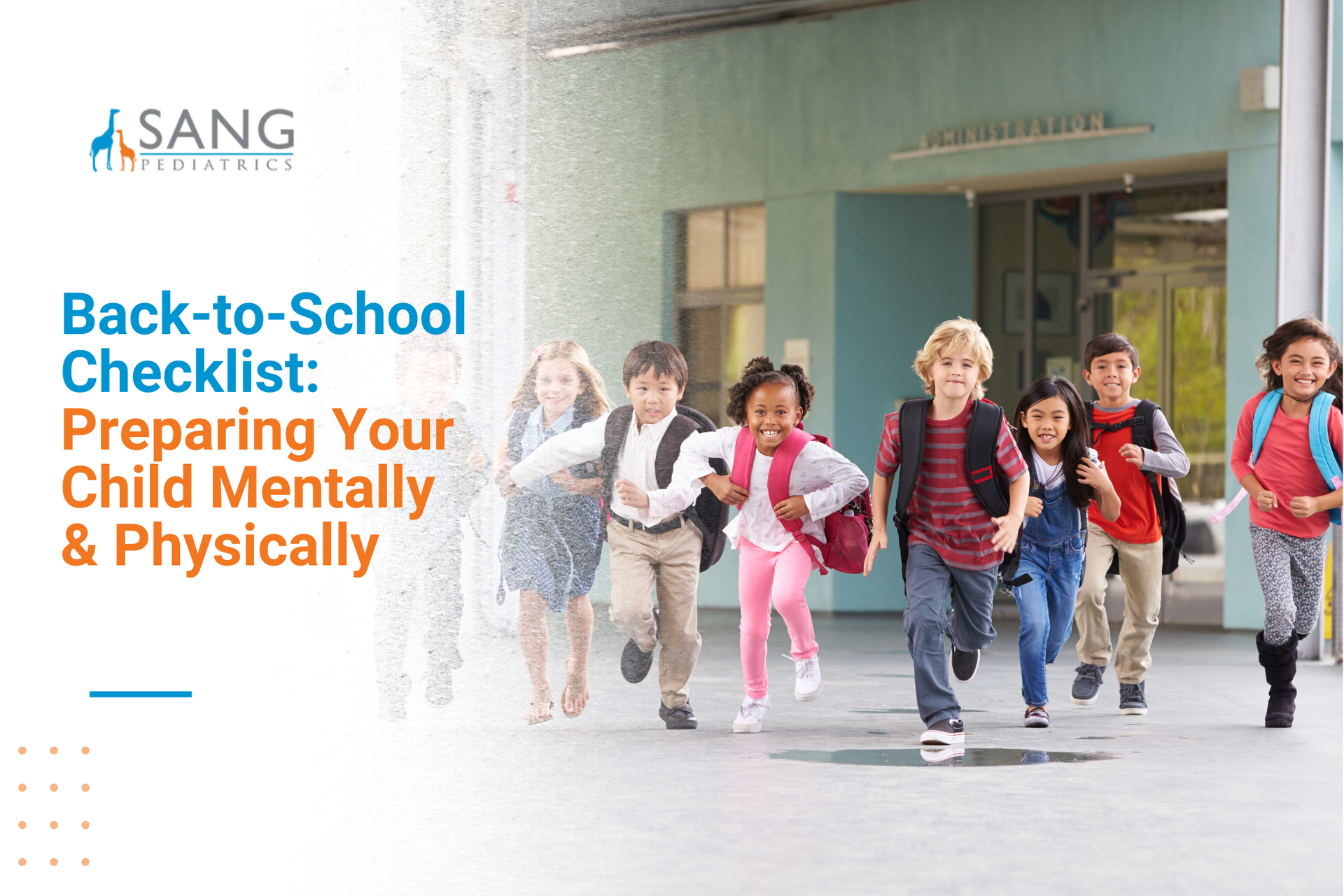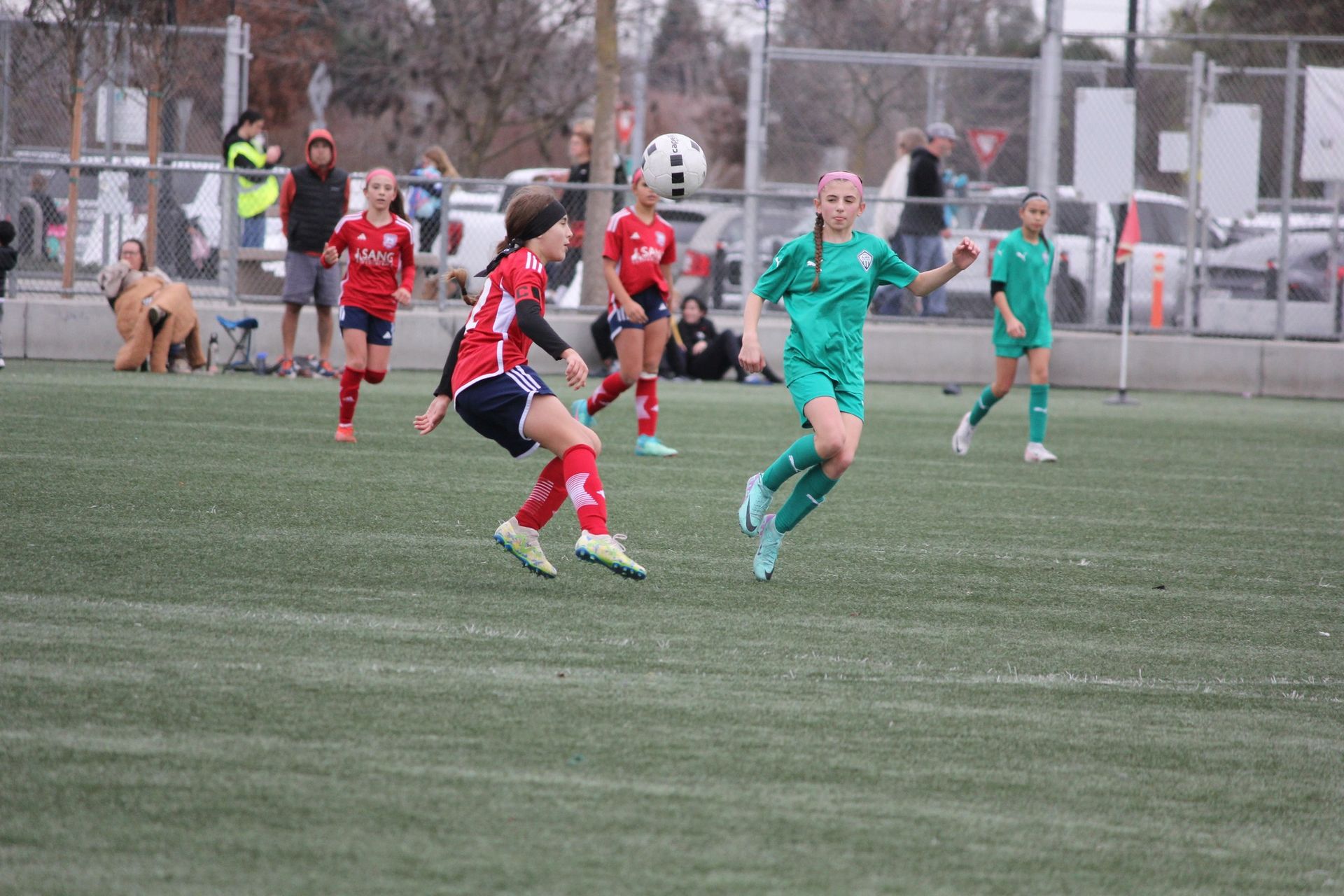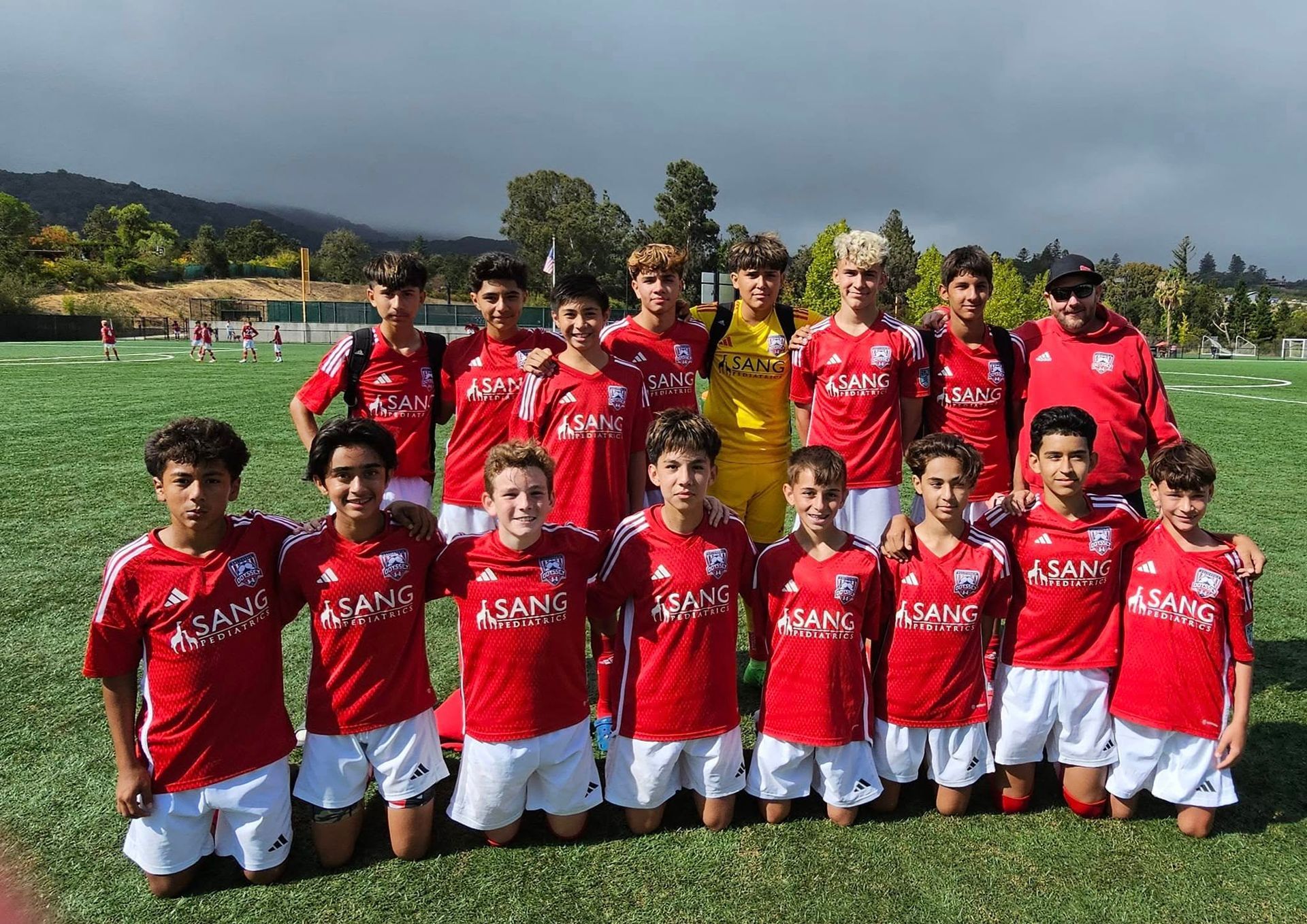Does My Child Have a Migraine or Headache?
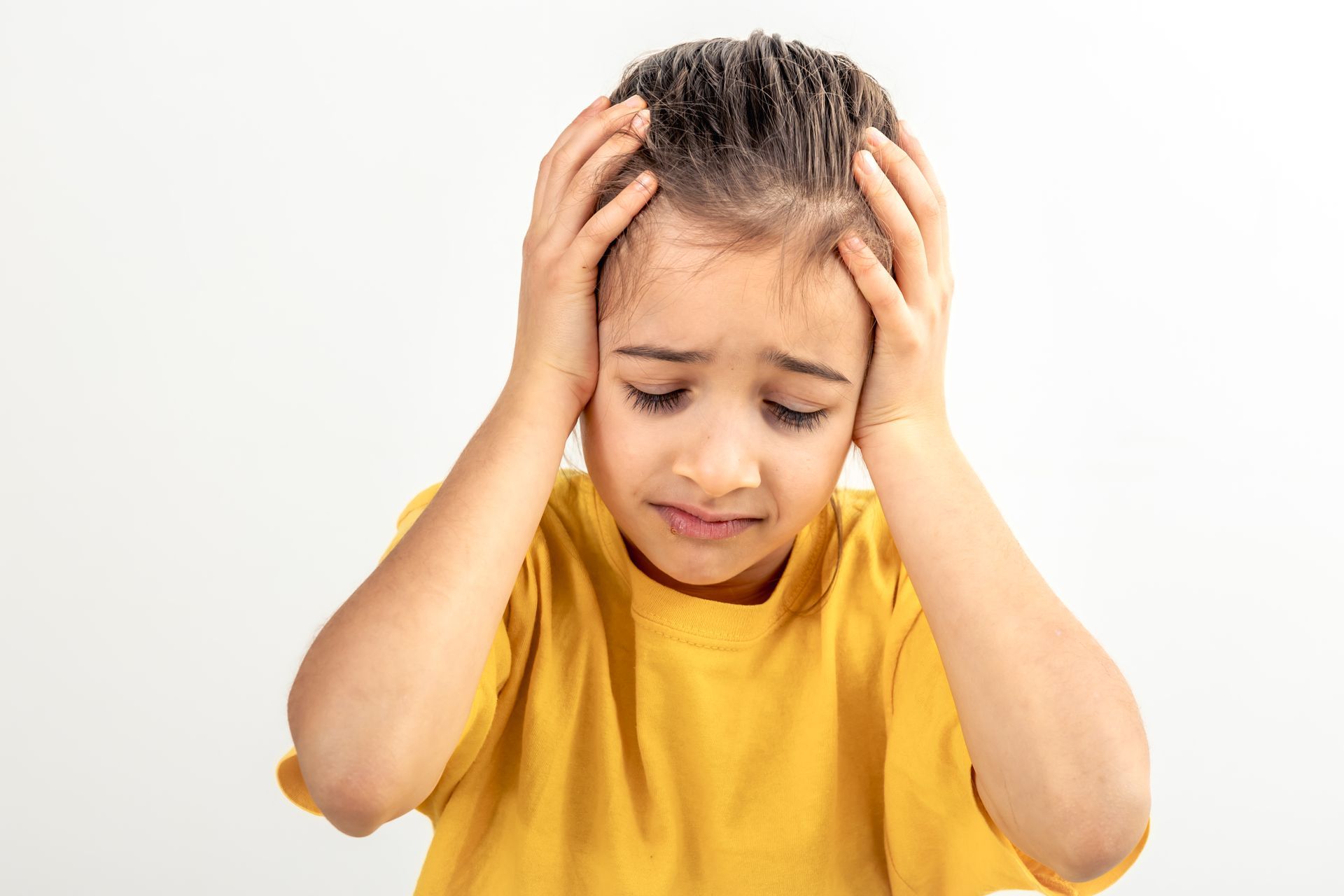
Is your child complaining of a headache again? As parents, it’s only natural to worry about our little ones when they are not feeling well, more so when you think it might be more than just a typical headache. Today, we're diving into the world of migraines in children. As we uncover the signs, symptoms, and solutions, we aim to make it easier for you to answer the question:
Is it a Migraine or a Headache?
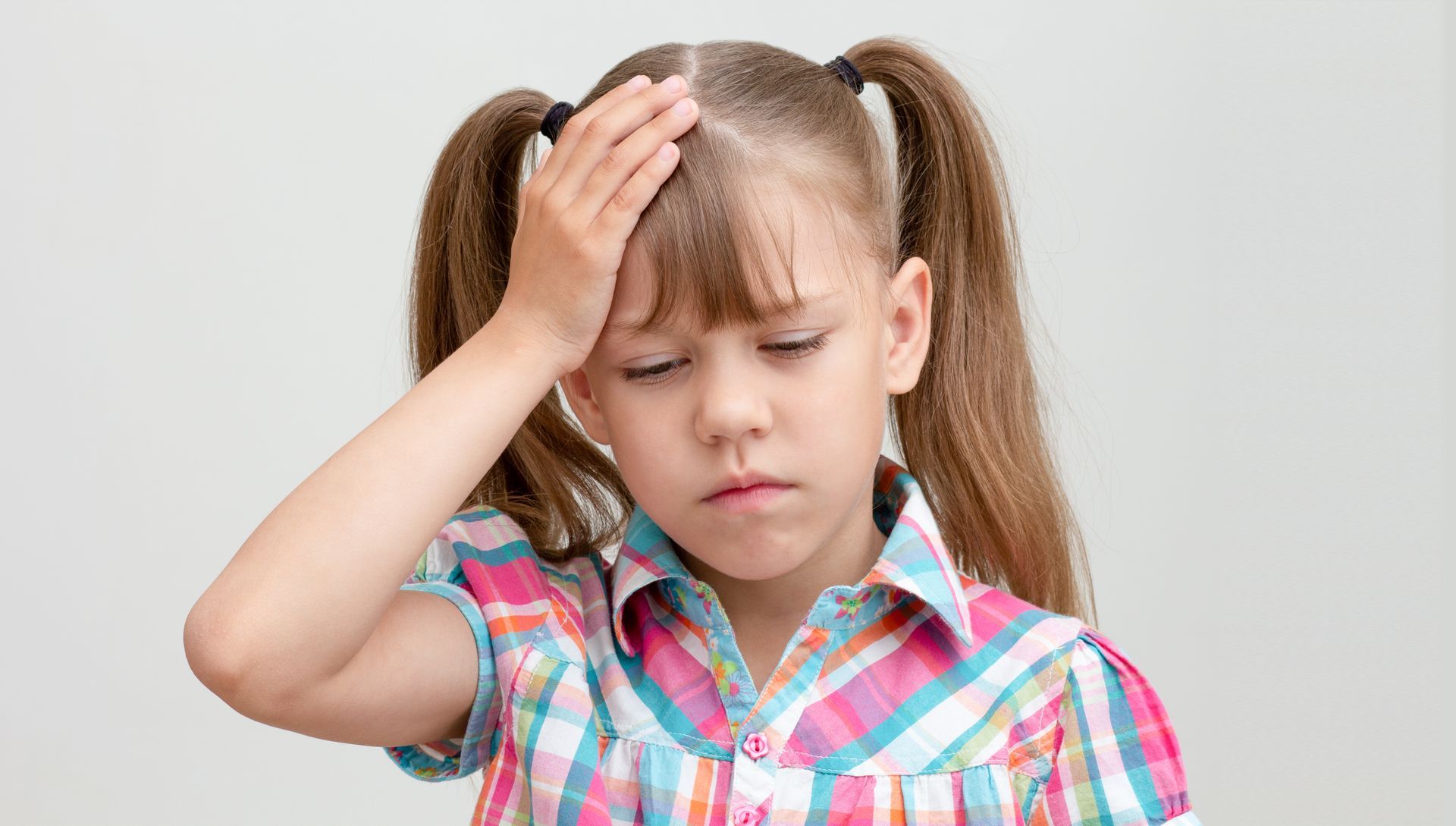
When your child complains of a headache, pay attention to the accompanying symptoms. While headaches are common among children, migraines have distinct signs that set them apart. Below, discover five key signs that help you distinguish a common children’s headache from a migraine:
1. Throbbing Pain
Unlike typical headaches, migraines often involve a throbbing or pulsating sensation, which can intensify with movement or physical activity.
2. Nausea and Vomiting
One of the hallmark symptoms of migraines is vomiting, sometimes brought about by nausea. If you observe both headache and vomiting in your kid, it could indicate a migraine.
3. Sensitivity to Light and Sound
Children with migraines often become sensitive to light and sound during an episode. They may seek out dark, quiet spaces to alleviate their discomfort.
4. Experiencing an Aura
Some children experience an aura before a migraine attack. This visual disturbance can include seeing flashing lights, zigzag lines, or temporary vision loss.
5. Duration
While headaches come and go relatively quickly, migraines typically last longer, ranging from a few hours to several days.
By recognizing these signs, you can better determine whether your child is experiencing a migraine or a regular headache, allowing you to provide appropriate care and support.
Watch: Dr. Sang on Headaches in Children
What Causes Migraines and How Do You Manage Them?
Parents often find childhood migraines puzzling. By gaining insight into potential causes and implementing management strategies, you can provide appropriate support to help your child feel better. Here are the common factors that cause migraines in children and effective ways to manage them:
Trigger Factors
Various factors can trigger migraines in children, including:
- Hormonal changes
- Stress or anxiety
- Lack of sleep
- Certain foods or food additives
- Environmental factors such as strong odors or weather changes
Recognizing and steering clear of these triggers can minimize the intensity and recurrence of your child's migraine attacks.
Lifestyle Modifications
Promoting good habits like exercising regularly, getting enough sleep, and learning stress management techniques can significantly help control children's migraines. Establishing a consistent routine and ensuring your child stays hydrated can also help prevent migraine attacks.
Medication Options
In some cases, your child's healthcare provider may recommend medication to alleviate migraine symptoms or prevent future episodes. Your child's treatment plan may comprise over-the-counter pain relievers, medicines prescribed by a doctor, or personalized preventive treatments.
Alternative Therapies
Massage and relaxation techniques, which are considered complementary therapies, hold potential for effectively managing migraines in children. Discussing these options with your child's healthcare provider contributes to a more holistic approach to relief.
Read More:
Safe Home Remedies and Treatments for Children’s Migraines and Headaches
When to Consult a Pediatrician

While occasional headaches are common in children, persistent or severe migraines may warrant medical attention. Here are three instances that necessitate a consultation with a pediatrician for your child's migraines:
- Frequent or Severe Episodes
If your child experiences frequent or severe migraine episodes that significantly impact their daily activities or quality of life, seek medical evaluation.
- New or Worsening Symptoms
Pay attention to any new or worsening symptoms associated with your child's migraines, such as changes in headache patterns, neurological symptoms, or difficulty with daily functioning.
- Concerns about Medication
If you have concerns about the safety or effectiveness of medications prescribed for your child's migraines, don't hesitate to discuss them with their pediatrician. They provide guidance and explore alternative treatment options if necessary.
Empowering Parents to Navigate Childhood Migraines
Navigating childhood migraines can be challenging for parents. With the correct information and strategies, you can confidently support your child through these episodes. Remember, you're not alone – with expert pediatric advice on top of your patience and support, you can help your child overcome migraines in the most effective way possible.
Looking for an expert partner to navigate childhood migraines with you and your little one? The care and support your family deserves is within your reach. Whether in Fresno or Clovis, you can find trusted pediatricians near you who provide guidance and effective treatments. At
Sang Pediatrics, we understand the nuances of childhood migraines and headaches, and we're here to offer personalized support for your child's well-being. Contact us at (559) 268-1737 or click the "Schedule an Appointment" button below to experience better health care for your child today.



